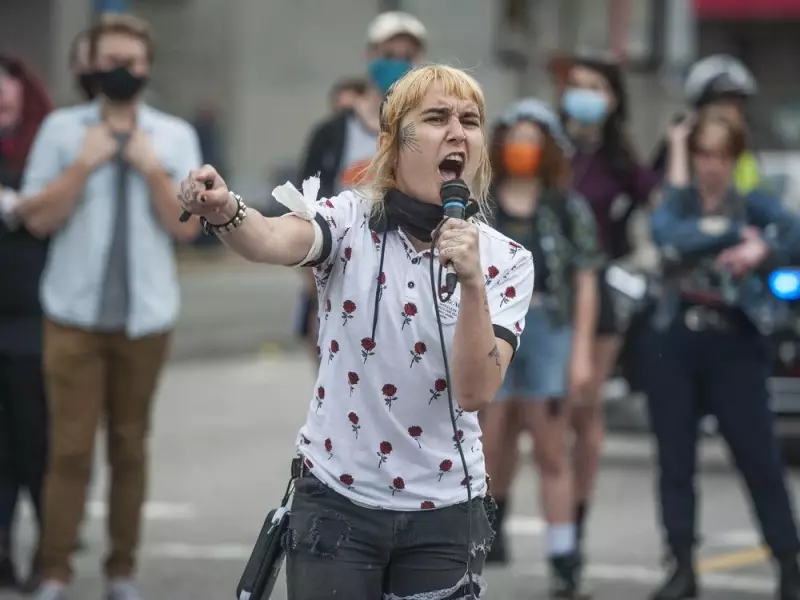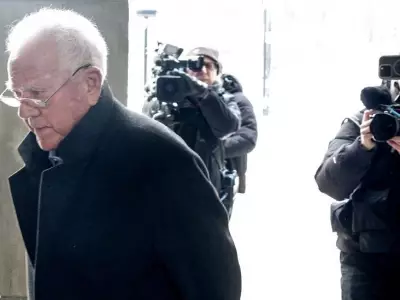
The founders of a Vancouver-based compassion club have been found guilty of drug trafficking charges in a case that highlights the complex legal landscape surrounding Canada's safe drug supply initiatives.
Verdict Reached After Legal Battle
Jeremy Kalicum and Eris Nyx were convicted in B.C. Supreme Court for possession for the purpose of trafficking, despite their organization's mission to provide members with tested, fentanyl-free heroin, cocaine, and methamphetamine. Justice Catherine Murray delivered the judgment on November 10, 2025, though sentencing has been postponed until after a constitutional challenge scheduled to begin November 24.
The Compassion Club's Mission
The Drug User Liberation Front, established in 2021, operated with the explicit goal of saving lives by offering a safe alternative to the toxic drug supply. The organization served 43 members and provided drugs at cost rather than for profit. Kalicum and Nyx had even met with Vancouver Police's organized crime section to outline their harm reduction objectives.
Justice Murray acknowledged in her ruling that "there is no doubt that their intentions were and are good" and that "they want to save lives." However, she determined that the partial exemption they received from Vancouver Coastal Health's deputy chief medical health officer for drug testing, packaging, and supervised consumption did not legally extend to selling the tested substances to members.
Legal Exemption Limitations
The central legal issue revolved around the scope of exemptions under the Controlled Drugs and Substances Act. Murray ruled that federal law prohibits the health minister from granting exemptions when drugs are obtained illegally. The defendants had argued they planned to seek an exemption under a section of the act that allows for medical or scientific purposes.
The judge noted that both founders were aware of the legal risks, describing them as "agitators" who were willing to face potential consequences for their harm reduction work. They sourced drugs from the dark web, tested them for purity, and distributed them to members in what they believed was a legally protected activity.
The case has drawn significant public attention, with about 100 people rallying at B.C. Provincial Court in January 2024 to support the founders during their first court appearance.






